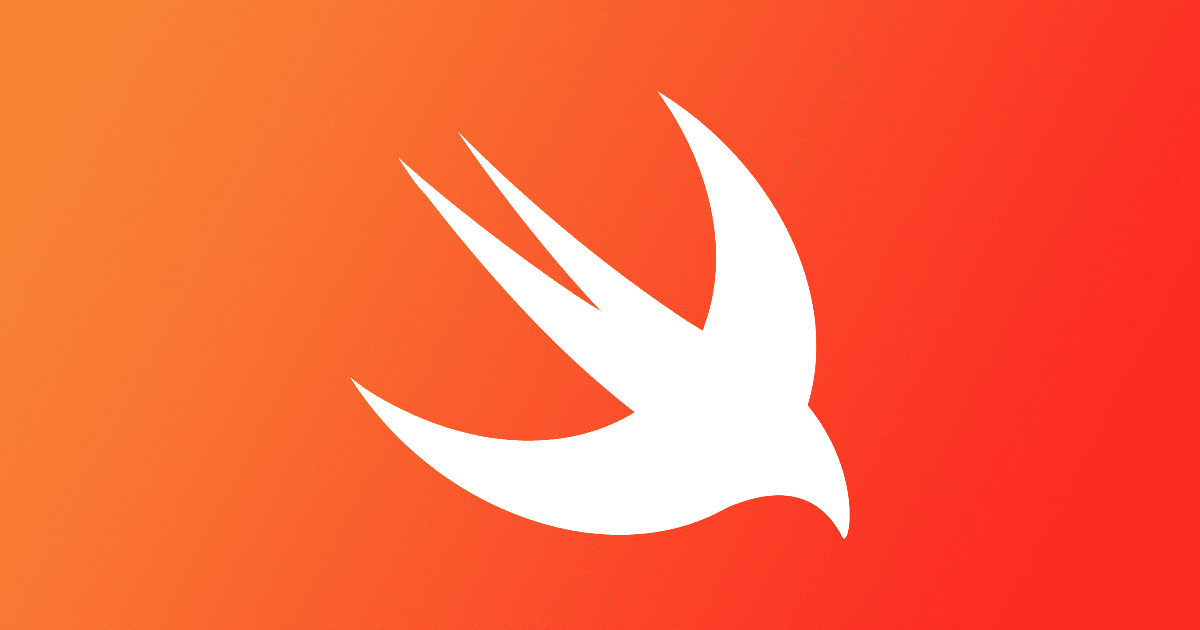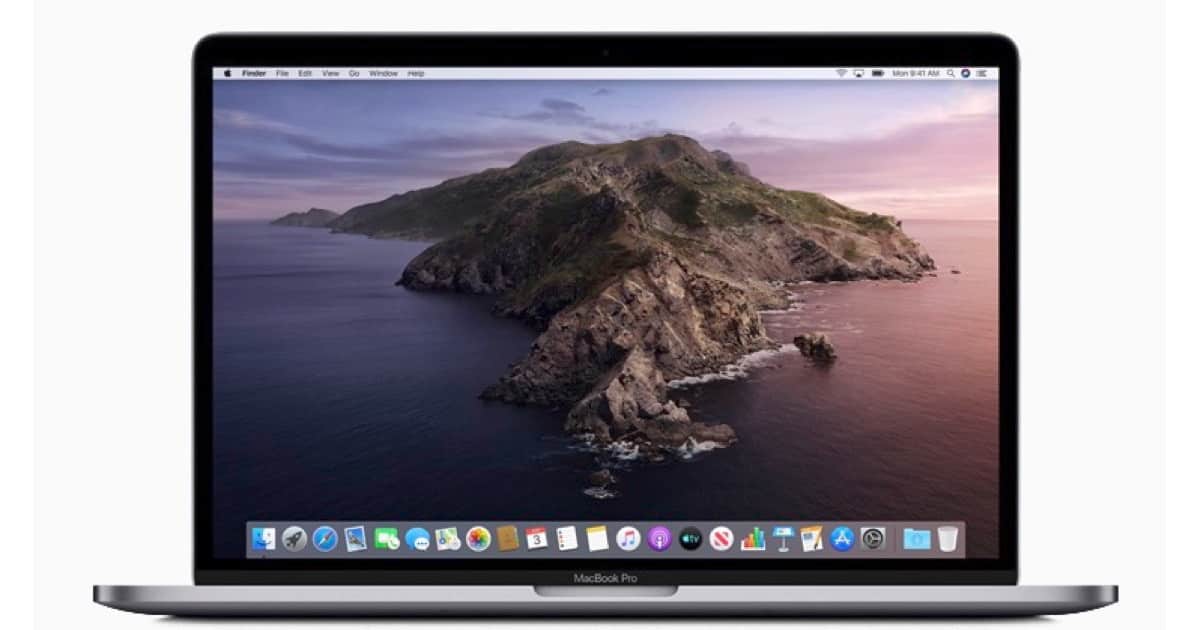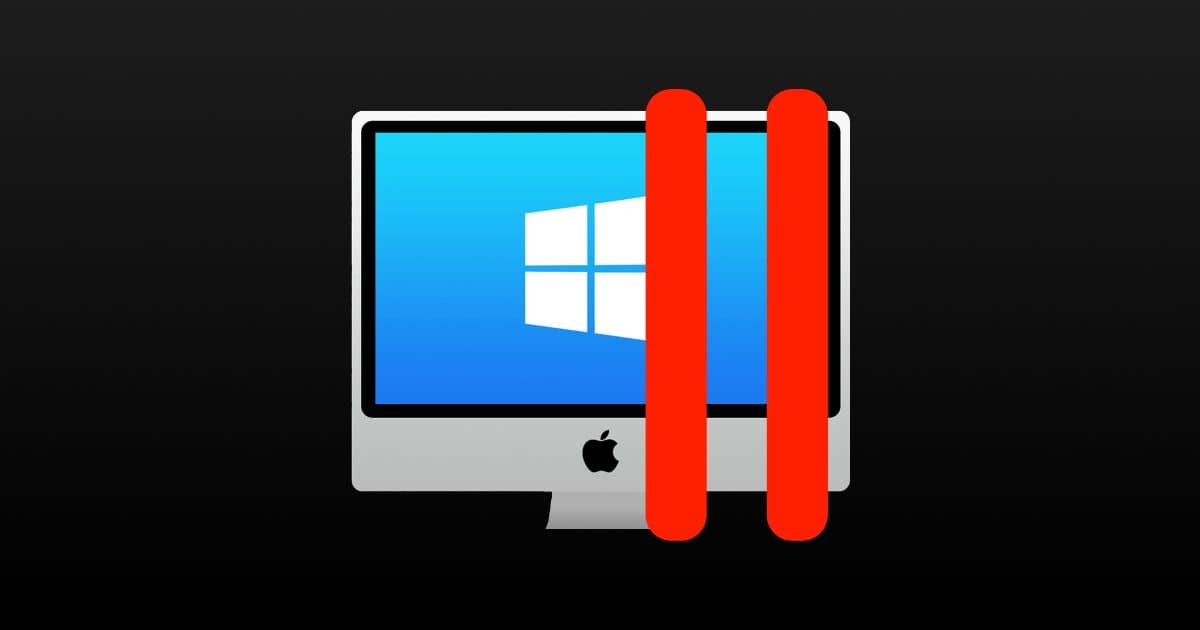Andrew Orr and Bryan Chaffin join host Kelly Guimont for Security Friday, and a chat about Apple’s News+ articles in an audio format.
Search: macOS 15
Latest Version of macOS Catalina Causing System Crashes For Some Users
Some users are experiencing system crashes having updated to macOS Catalina 10.15.4. MacRumors reported that the issue mostly seems to arise when users are attempting to make large file transfers, although that’s not the only circumstances in which it happens.
The crashing issue appears to be most prominent when users attempt to make large file transfers… Other users on macOS 10.15.4 have experienced crashes after waking their Mac from sleep, with affected systems suffering a kernel panic and rebooting to the Apple logo, according to comments shared on the Apple Support Communities, MacRumors Forums, Reddit, and Twitter.
The Case for Apple to Postpone macOS 10.16 into 2021
Traditionally, Apple provides a preview of the next version of macOS at WWDC in June, then releases it late September. This year, there’s a case to be made to postpone macOS 10.16 into 2021.
Apple’s Swift Playgrounds App Comes to macOS
Released for iPad in 2016, Apple is bringing the Swift Playgrounds app to macOS as another platform on which to code.
‘Sudo’ Flaw Found and Patched in macOS Terminal
A flaw with the Sudo command used in macOS Terminal let non-privileged users and programs run commands as Root.
Dissecting APFS and macOS Catalina with Mike Bombich – Mac Geek Gab 796
Carbon Copy Cloner developer – and APFS guru! – Mike Bombich joins John and Dave this week to talk APFS, backups, upgrades, and more. Listen as your two favorite geeks become your three favorite geeks, sharing everything they know plus some cool stuff found to kick it up a notch into the new year.
macOS Catalina and iOS 13 Tips and Troubleshooting – Mac Geek Gab 785
macOS Catalina and iOS 13 have been out for a few weeks now, and your tips and questions have been coming in. Plus, Dave learned a few things at MacTech last week to add. Mix in some Cool Stuff Found, a few Quick Tips, and some follow-ups from last week and we’ll all learn at least five new things!
A Humorous Take on macOS: Like Linux of Old
It’s hard to have a sense of humor about a macOS affair that causes great grief. It requires a unique perspective to look at the lighter side. Here’s one.
Readers Report on macOS Catalina Install Issues
Some readers have sent John reports of macOS Catalina install problems. Scary stuff.
macOS Catalina is Now Available for Apple Customers
macOS Catalina is now available to the public today bringing with it a lot of new features like Screen Time, iTunes split apart, and more.
Answers and Tips for iCloud, iOS 13, iPhone 11, macOS, and More – Mac Geek Gab 781
Lots of new stuff from Apple this week… and lots of technical landmines to navigate. Thankfully, you’ve been sending your questions into John and Dave, and they’ve been doing the research to get you answers. Listen to the answers to your questions – and everyone else’s, too! Press play, and enjoy learning at least five new things… one that might even save your bacon this week!
macOS Catalina Isn't Coming Until October
Apple updated its website today, noting that macOS Catalina won’t arrive until an unknown date in October. From TechCrunch:
After a summer of beta testing, Apple is about to release the next major version of macOS: macOS Catalina. But not so fast; the new version will arrive in October, according to Apple’s updated website. As always, this update will be available as a free download in the Mac App Store.
The software release dates are all over the place this year.
Apple Releases macOS Mojave 10.14.6 Supplemental Update with App and Large File Performance Fixes
The update includes a security fix, as well as some specific performance issues, including a large file issue, a MacBook sleep issue, and an issue that could stop some of Apple’s own apps from updating.
Parallels Desktop 15 for Mac Released With Support for Metal
Parallels Desktop 15 was just released, adding support for macOS Catalina features like Sidecar and adding support for Apple’s Metal API.
Apple Releases macOS Mojave 10.14.6 Supplemental Update for Sleep Issue
This patch was specifically released to fix an issue that prevented some Macs from not waking up sleep.
Apple Releases macOS Mojave 10.14.6 with Apple News+ Features, Combo Download Available
While the release includes several bug-fixes, it also adds a couple of new features for Apple News+.
Apple's Security Evolution, iCloud VPN – TMO Daily Observations 2019-07-15
John Martellaro and Andrew Orr join host Kelly Guimont to talk about Apple’s balance of security and user freedom, and a new iCloud VPN idea.
Comscore Firm Distributes Man-In-The-Middle Proxy Spyware to MacOS
Airo Security uncovered Man-in-Middle Software proxy spyware being distributed to macOS. It came via Comscore subsidiary firm VoiceFive. In a paper released this week, researchers explained the issue, which put sensitive data at risk.
This Comscore spyware installs a proxy on ports 8888, 8443 and 8254, where it captures all machine’s SSL/TLS traffic of the user. The spyware is being installed as a bundled application that is offered along with the installation flow of other software products. It installs a local system certificate which any application then automatically trusts. If that’s not enough, it imposes a severe security breach by not generating a unique certificate for each machine on which it is installed but rather installs the exact same root certificate for all machines. This is a known bad practice, to say the least, and was in the heart of the infamous “Lenovo Superfish” case of 2015 issued at the time by the US Department of Homeland Security.
iOS 13, iPadOS, macOS Catalina Public Beta Ready for Testers
Although originally slated for July, Apple decided to release the macOS Catalina public beta today, as well as iOS 13 and iPadOS.
macOS Catalina Media File Locations
macOS Catalina will turn iTunes into Music and add Podcasts and Apple TV apps. This means that media file locations will be a bit different.
Apple Deprecates SHA-1 in iOS 13 and macOS Catalina
Apple is deprecating SHA-1, an old security standard, in iOS 13 and macOS Catalina. This is good news since we now have the more secure SHA-2 and SHA-3.
6 macOS Catalina Features Not Announced on Stage
We saw a preview of some macOS Catalina features on stage, but Apple didn’t have time to cover them all. On the preview page we see a full list of features coming.
WWDC19: Here’s the List of macOS Catalina Device Support
LIke our iOS 13 device support page, we now have a list of the macOS Catalina device support. And it supports a wide range of devices.
iWork iOS Update Brings it Into Parity With macOS
Apple updated the iWork apps on iOS today. It brings the apps into parity with the macOS versions, and adds more support for Apple Pencil.















